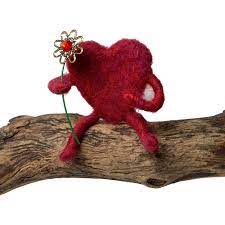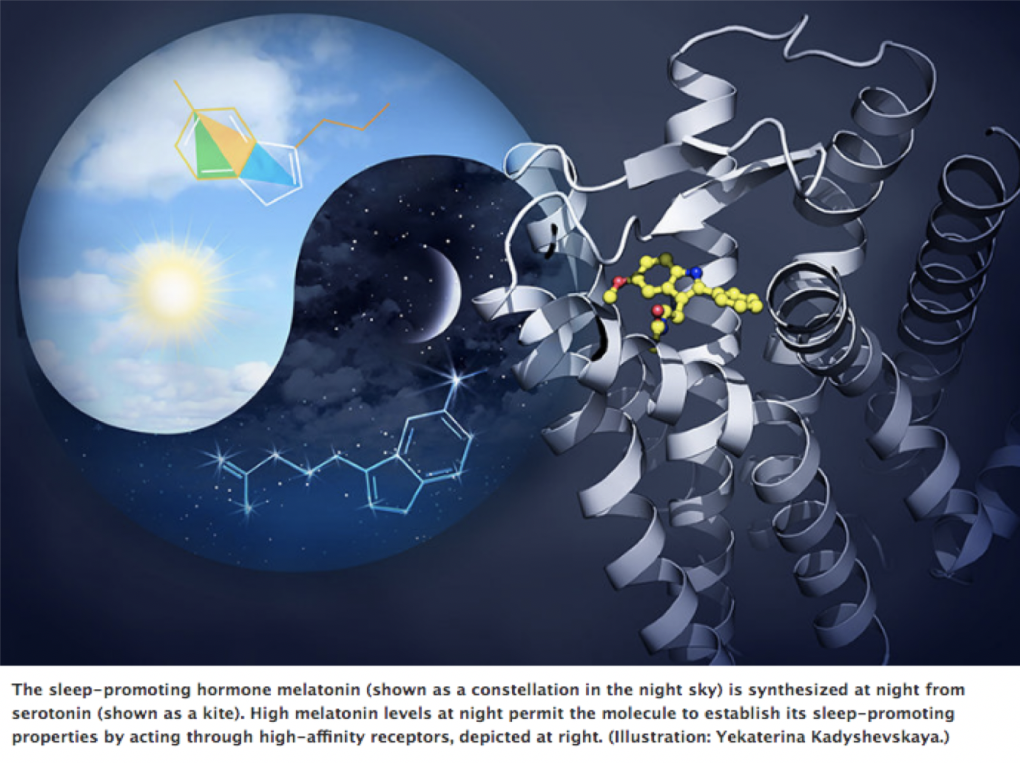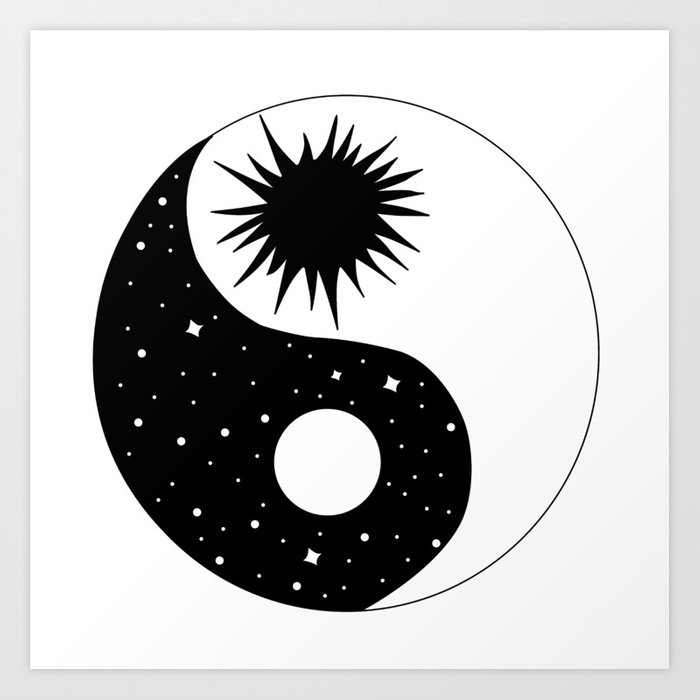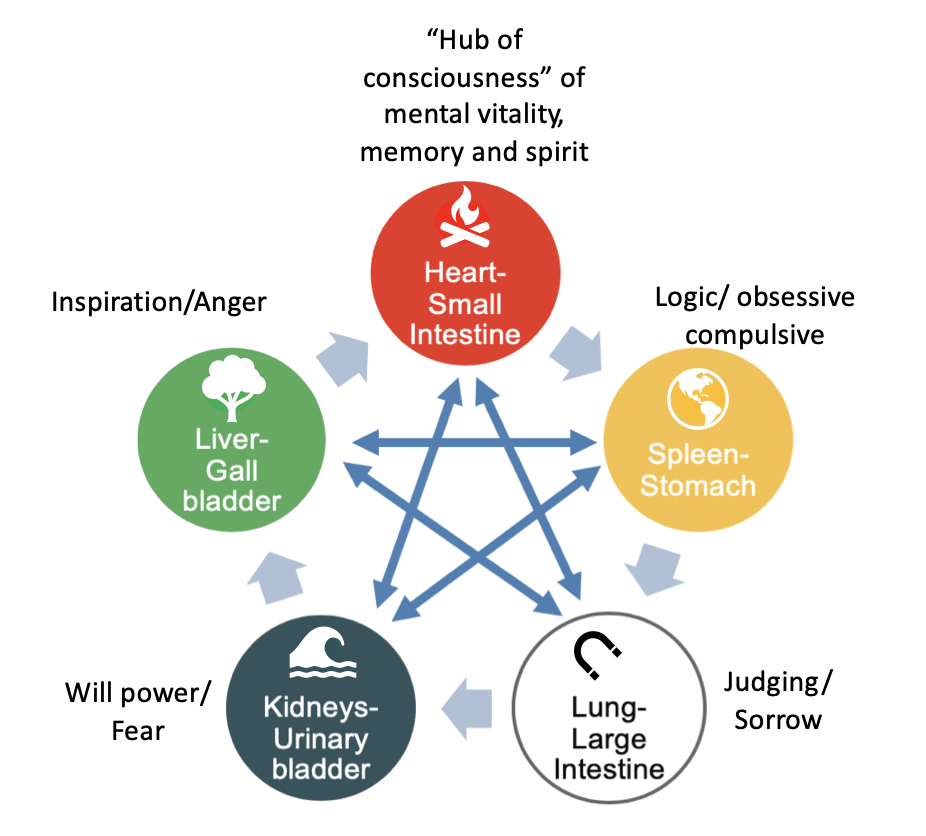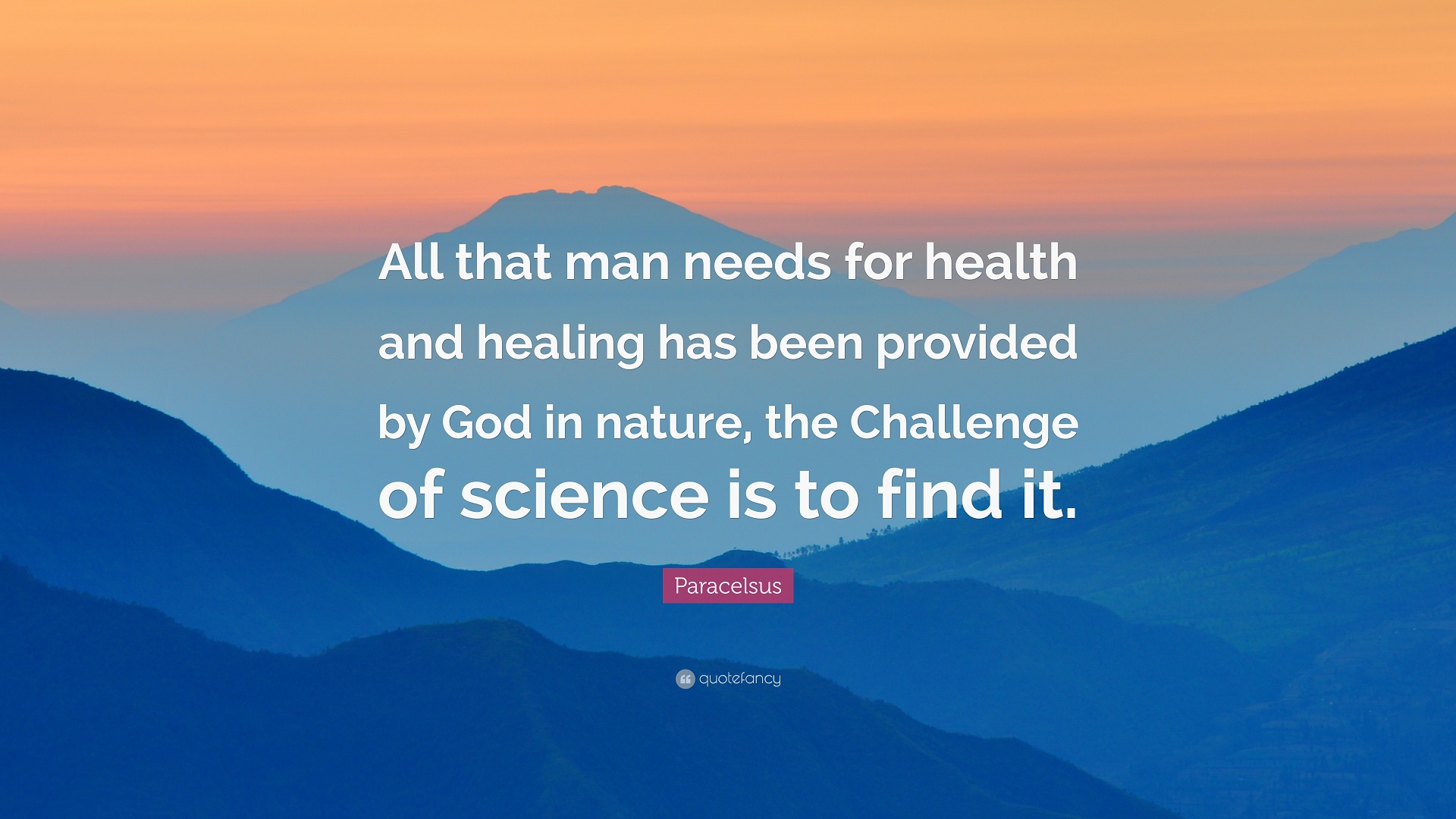Why Acupuncture is good for your heart September 6, 2024 taotohealth Previous Post First of all, our heart is the hardest working muscle in our body. It pumps blood which carries oxygen and nutrients to all our organs, muscles and the brain to keep our body functioning 24/7. The heart muscles also need to get good blood flow back to the heart. There’s a saying in East Asian medicine, “bu tong zi tong, tong zi bu tong (Chinese)” which translates to “where there is obstruction, there is pain; and where there is free flow, there is no pain.” This is evidenced in coronary artery disease (heart attacks), deep vein thrombosis, pulmonary embolism, stroke, and many other serious illnesses resulting from increasing blockages. Our bodies produce a neurotransmitter and gas compound called nitric oxide (NO) that is essential to heart health. It’s not a secret that nitric oxide is a powerful vasodilator that can increase blood flow which helps regulate blood pressure and modulates immune function. But did you know that acupuncture stimulates the production of nitric oxide? Yes, there are numerous studies on acupuncture stimulating the release of NO and other important neurotransmitters. Just do a simple online search typing in “acupuncture and nitric oxide” and you’ll get an impressive list of studies. With aging, our bodies slow down and produce neurotransmitters at a slower and lesser degree. There are supplements and foods you can consume to support the body’s production of nitric oxide. However, with acupuncture, the body gets a jumpstart where your cells are stimulated to produce nitric oxide feeling the effects of increased blood flow within minutes. Many of my patients who received acupuncture for the first time noted how they could feel the blood flowing through their body, in somewhat disbelief as their body would relax deeply. Acupuncture is another effective resource to prevent heart disease and keep your heart healthy and happy. The diagram below illustrates how nitric oxide helps modulate the immune response and benefit the gastrointestinal system. Hence, acupuncture can benefit your health in both short and long term. Share this article: Integrative Health Perspective Related Tags acupuncture benefitsgastrointestinal systemheartheart healthimmune responsemind-bodynitric oxide Previous Post
Integrative Health Tips – PART 1 January 29, 2021 taotohealth Previous Post In my last two blog posts, Anxiety from an Integrative Health Perspective and YIN YANG and Your Health, I discussed the connection between our physical and mental/emotional health. There’s a saying that form follows (or supports) function, and in the case of integrative or holistic health, the same is true with the inverse, function supports form. Frank Lloyd Wright also affirmed “form and function should be one, joined in a spiritual union.” Gersema E. (2019). A good night’s sleep may be in sight [Internet]. Los Angeles: USC Dornsife. Retrieved from: https://dornsife.usc.edu/news/stories/2999/researchers-to-develop-new-sleep-disorder-treatments In regards to health, function includes optimal mental and emotional resilience that supports form or physical well-being. When unresolved emotions and thoughts such as anger and fear linger and consume most of our waking moments, we inadvertently raise the sympathetic response which elevates our heartbeat, impedes digestion which in turn causes digestive issues, insomnia, as well sexual and reproductive issues which depend on a balance between the sympathetic and parasympathetic responses. Such physiological responses are absolutely necessary given the appropriate time and place. But it becomes problematic when these responses are constant and can’t be turned off producing a vicious cycle. In this post, I’ll provide some suggestions to help improve your health to help break the vicious health cycle – both from a physical and functional perspective. First of all, we need to prioritize health areas we need to improve and regulate. My suggestions are not exclusive in any way, but these are health focus areas I grew up hearing from my Korean elders who understood the importance of Yin Yang health principles, the importance of regulating the following: Emotions/thoughts Sleep Nutrition (input) Elimination (output) Ergonomics/posture (yes, ergonomics) The emotional and mental realm is the most elusive and challenging to address. However, the first step is to identifying there is an imbalance that needs to be corrected. Since there are other professionals who are well-versed and better trained in this subject area, I recommend reading or listening to the works of Dr. Jordan Peterson, clinical psychologist, and Dr. Bruce Lipton, biologist, who have great insights about the interplay between the mind and body. Dr. Peterson has a great understanding of not just modern psychology but also of world philosophies and ancient wisdom. If you are unfamiliar with Dr. Peterson and Dr. Lipton’s work, I highly recommend them both. 12 Rules to Life, Jordan Peterson The Biology of Belief, Bruce Lipton So, let’s begin with improving sleep. Some people are inclined to be night owls. It’s best to follow the natural cycle of the sun and moon as our biology also responds to light. Don’t expect to follow all these suggestions. You can start with ones that work for you so you get “quality” sleep and not necessarily more hours of sleep. Go to bed at the same time and wake up at the same time regularly. Our body functions optimally with routine. Keep your bedroom dark. Turn off or reduce lights from electronic devices. Use black out curtains. Avoid stimulants like coffee, tea, chocolate, and sugar after 1pm (or earlier). Avoid alcohol and cigarettes before bed. Alcohol interferes with deep sleep even if it initially helps you fall asleep. Exercise daily, but it’s best to do in the morning or mid-day, not right before bed. Wear light socks to bed in the summer and heavy socks in the winter. Warm feet can promote good sleep, especially in the winter. A warm foot soak will also help induce sleep. Eat dinner at least 3 hours before going to bed. Ideally, dinner should be your smallest meal, breakfast your largest meal of the day, and lunch is the average size of breakfast and dinner. Have protein for dinner as it will help stabilize blood sugars until morning. Develop a pre-bedtime routine to help calm your nervous system. For example, after brushing your teeth, do some gentle stretches followed by a few minutes of prayer or meditation. Share this article: Health Tips Related Tags anxietyBruce Liptonemotional healthgut healthinsomniaJordan Petersonmind-bodysexual reproductive healthYin yang Previous Post
YIN YANG and Your Health August 5, 2020 taotohealth Previous PostNext Post The ancient Chinese observed and recorded the natural patterns and cycles as seen from the constant changes in the seasons and climate over millennia. The ancient Chinese were able to explain the cyclical fluctuations in natural phenomena as well as in human physiology with the Yin Yang principle. Yin Yang can be applied to explain the workings of almost any system, the weather, climate or physiological systems. Yin is traditionally associated with the moon, darkness and passivity; while yang is associated with the sun, light and activity. Earlier in 2019, researchers used the concept of Yin Yang as a model to explain the interdependence of melatonin synthesis from serotonin for promoting sleep. This example of melatonin-serotonin synthesis illustrates the dynamic relationship of Yin Yang to explain the sleep cycle. Gersema E. (2019). A good night’s sleep may be in sight [Internet]. Los Angeles: USC Dornsife. Retrieved from: https://dornsife.usc.edu/news/stories/2999/researchers-to-develop-new-sleep-disorder-treatments Melatonin is associated with promoting sleep and therefore is considered to be Yin, relative to serotonin which is Yang. Sun/Daylight helps promote the production of serotonin (Yang). From an eastern perspective, serotonin would be considered to be Yang, as serotonin is a neurotransmitter that promotes activity, cognitive functions, a happy mood and healthy gut function. And appropriate levels of serotonin motivate us to perform daily activities. But serotonin is needed as a precursor for melatonin synthesis and therefore serotonin and melatonin are interdependent. Melatonin would be considered to be Yin as it aids in sleep. Or in other words, the Yin functions are for the most part the parasympathetic (aka, rest and repair) responses which often happen when we are resting or asleep, while the Yang functions are the sympathetic responses. Autonomic Nervous system: Sympathetic (Yang)/ Parasympathetic (Yin) From an eastern perspective, optimal health is when the Yin and Yang functions are in dynamic balance and self-regulating without the long-term dependence of substances. For instance, after a hectic day at work or after a rigorous workout requiring your body to be active, your body is able to return to a resting heartrate and you will be able have a good night’s rest. However, for many people, this dynamic balance between Yin and Yang functions needs the assistance of sleep aids or caffeine, or prescription drugs to get many going or winding down. With the lockdowns, for some of us, this may be an opportunity to restore the Yin Yang balance by creating new habits that support Yin Yang functions. Next time, I’ll share some tips on how to bring your body back into more balance. Share this article: Yin Yang Related Tags balancemelatoninserotoninSleepYin yang Previous PostNext Post
ANXIETY: From an Integrative Health Perspective June 24, 2020 taotohealth Previous PostNext Post It is not the strongest of the species that survives, nor the most intelligent; it is the one most adaptable to change. Charles Darwin Stress-induced anxiety is at an all-time high throughout the world as the covid-19 pandemic is reshaping our society and erasing any sense of normalcy. Every aspect of life is literally in flux creating change and uncertainty. From an Eastern perspective, the five phases or five elements principle is used to help us understand and manage changes. The 5 phases principle explains how qi cycles through the five stages/phases of transformation based on the cyclical patterns of change in natural phenomena as seen in the seasonal cycle. The 5 phases can help us understand and manage our emotions. The diagram below shows the emotions that usually correspond with each of the five phases (Fire, Earth, Metal, Water, Wood). You’ll see there are two different “emotions” for each phase. For instance, inspiration and anger correlate with the wood phase. When the mind and body are aligned, balanced and adaptable, inspiration springs forth. When the body and mind are out of balance or emotions become excessive and static; the emotion of anger may ensue rather than inspiration. Or when thoughts become obsessive, or we worry too much, excessive emotions can disrupt digestion or lead to a sense of suffocation causing panic attacks. For people who tend to be more extroverted, the stress and anxiety from being locked down may be more intense. Here are some simple ways to help manage stress that are FREE: Turn off the news The news and social media bombard the mind with information that focuses on the past or speculates on the future. The mind chatter grows louder and the mind becomes restless, creating a body-mind imbalance where obsessive thoughts can lead to anxiety, negative emotions and sleepless nights. So, unplug from the news and social media buzz. Limit the time you spend consuming news. Be Sensible—Use your senses Spend more time on activities using your five senses (see, smell, hear, touch and taste) to get back into the present reality and back into your body. Really focus on each of the senses to ground you. Look for signs of the natural world—grass, tree, clouds, the moon, birds flying… Smell the aroma of your favorite drink Carefully listen and identify all the surrounding noises; or listen to your favorite song Touch/feel the texture of your skin or your favorite shirt Taste and enjoy the bite of your favorite dish This exercise gives a visceral reminder that you are alive and well. Stay Connected Reach out to someone you care about and who cares about you. They are only a phone call away. Time spent communicating and sharing experiences can give you the emotional and mental support to weather through these challenging times. And it’s gratifying to know that you can give moral support by listening compassionately. If you’d like more natural health tips, subscribe to our updates! Share this article: Integrative Health Perspective Related Tags 5 elementsanxietycovid-19emotionsmanage stressmind body Previous PostNext Post
Traditional Medicine: A Path to Health May 4, 2020 taotohealth Next Post Science & Evidence-Based Medicine This may sound like a tall order to find the natural remedies using the scientific method. Whole medical systems and traditional medical systems such as Ayurveda, East Asian medicine, Unani, homeopathy, naturopathy and antroposophy have searched and discovered natural methods and substances for healing and wellness. Then, what is science, and more importantly what is the scientific method? The scientific method has been refined over hundreds of years. It’s a systematic method of inquiry to develop theories about how the natural world functions based on questions or hypotheses. A researcher will design an experiment based on the fundamental hypothesis and gather data in a reliable and valid manner to answer whether the hypothesis/question is null or if there’s an alternative explanation for the significant correlation(s) between variables; for example, the possibility that A (specific treatment or substance) has a specific effect on B (headaches). INTELLECTUAL HUMILITY Another thing to consider are the assumptions underlying the scientific studies. To find effective and beneficial remedies using the scientific method, it requires intellectual humility. Most of the large clinical trial studies operate under the assumptions of the biomedical model. In a nutshell, the biomedical model focuses on purely biological factors (physical body) and excludes psychological, environmental, and social influences on health or disease. Because currently no or weak evidence based on the biomedical model exists showing that alternative methods (homeopathy, herbs, acupuncture) are effective; this doesn’t mean alternative approaches are ineffective. It only means currently there is no or weak evidence and that further quality studies are needed to understand the mechanisms of alternative therapies. One might err on the side of confirmation bias to cease questioning and exploring what we don’t know about alternative approaches. This assumption with a lack of intellectual humility may act like blinders to true scientific inquiry to find natural remedies. BIOMEDICAL vs. BIOPSYCHOSOCIAL MODEL Have you heard of the emerging biopsychosocial model? Unlike the biomedical model, the biopsychosocial model encompasses psychological, environmental and social influences on health in addition to biological factors. The more comprehensive and holistic biopsychosocial model was proposed by George Engel in the 1970s. Traditional and whole medical systems are in essence biopsychosocial systems. The World Health Organization refers to traditional medicine as the knowledge, skills and practices based on the theories, beliefs and experiences indigenous to different cultures, used in the maintenance of health and in the prevention, diagnosis, improvement or treatment of physical and mental illness. Healing mechanisms are complex and unique to the individual. Remember that standardized treatments based on clinical studies are based on the biomedical model and the norm for a given sample. Then inferences are made that a specific treatment will have a similar effect on a population. However, these inferences do not take individual differences into account. In other words, not everyone will have the same response to a given treatment. Therefore, conventional treatments are not without limitations. Perhaps, traditional and whole medical approaches can supplement the deficiencies in our current biomedical approaches. Subsequent blog posts will focus on alternative natural therapies to supplement conventional treatments for common ailments (allergies, anxiety, digestive problems, headaches, insomnia, etc.). Subscribe and stay connected to learn more about natural therapies. Share this article: Traditional Medicine Related Tags acupuncturealternative medicineayurvedabiopsychosocialconfirmation biaseast asian medicineholistichomeopathynatural therapiesnaturopathyunani Next Post

